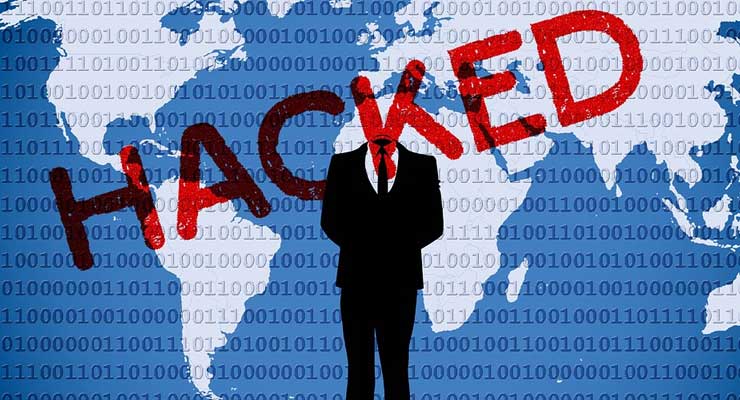
Election meddling is not a new concept, for Russia or America. America’s election meddling is a time-honored tradition disguised as democracy promotion, aligning countries with American values, and various other rationalizations.
Social media has opened the door for easier election incursions that involve misinformation campaigns and influencing elections through providing inaccurate information. While “fake news” has been a rallying call of Trump, it probably all started with Russia’s incursion in the 2016 election.
America has meddled in elections, going so far as to oust the Shah of Iran in the 1970s, which shifted Iran from a potential liberal country to one based on religious theocracy. Even Obama can be accused of meddling in the Israeli elections, specifically buying ads and putting people on the ground to have Israelis oust Likud PM Netanyahu and vote for the Kadima Party’s most influential member, Tzipi Livni. Election meddling did not start and end with the Russian incursion of 2016 and is not an isolated incident without the ability to be repeated.
Social media has allowed election meddling to be easier. It’s a global network of connections that have groups and pages dedicated to causes and philosophies. These causes and philosophies can post any items, memes, photos, or videos that showcase information, any of which might not be true. Russia is not new to cyber incursions either, as they have tried to meddle in American elections since the 1990s. However, social media has allowed for a less sophisticated approach that predates the creation of social media.
Nowadays academic cyber security research is devoted to social media investigations of potential Russian incursions for the purpose of attacking America through various misinformation campaigns. The most important thing social media has been able to do is make misinformation campaigns easier.
So, what role do the regulators of social media and the CEOs of social media do to prevent this? That’s really an ill-defined question because regulation of social media has yet to be enacted. While the FCC and FTC provide a framework that started with radio and television regulation, social media may be harder because it’s less defined. For instance, Facebook owns three social media platforms: Facebook, Instagram, and WhatsApp. Because of the prevalence of social media and how to define what is social media, it’s hard to say what percentage of social media is monopolized by Facebook and how the FTC and FCC could regulate such influence. This question is best left to legislators to decide, as social media legislation must be written with new rules and regulations specifically designed to target social media.
The question of the influence of the CEOs of social media to regulate their own platforms is a matter of opinion. The ability to regulate speech on social media is left to platform’s mediators and not Congress or the American people or any other body. So, it really is a question of what CEOs deem as misinformation. Facebook’s CEO, Mark Zuckerberg, has made a show of trying to tap down on misinformation campaigns, highlighting ones from Iran and Russia in the last few months. So far his efforts have only proved that Zuckerberg cannot do much to stave off these attacks. A concerted effort by NSA, FBI, and other bodies may be the way forward to prevent such attacks.
The two challenges ahead of us are that election meddling is easier than before and regulation of social media is more muddled than ever. It will take great movement by Congress towards new legislation and the action of other government bodies such as the FTC and FCC’s influence to provide a firewall to protect American elections. Private companies like Facebook have little chance of standing up to Russia’s intelligence services alone.
Leave a Reply